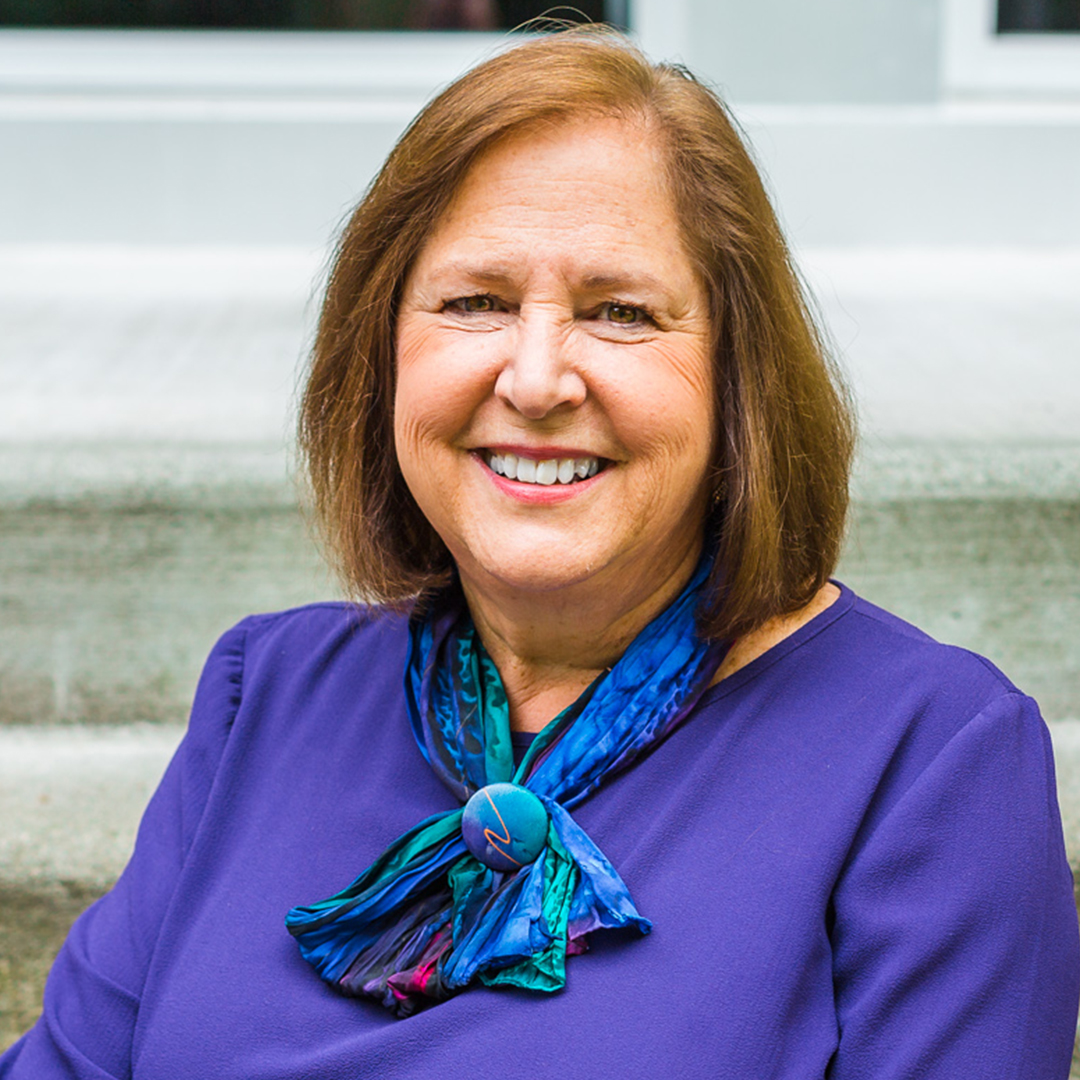
Bishop Linda J. Adams
Bishop Linda J. Adams, D.Min., was elected to the Board of Bishops at General Conference 2019 after serving 11 years as the director of ICCM. She previously served as a pastor in New York, Illinois and Michigan. As a bishop, she oversees Free Methodist ministries in the North and North Central portions of the United States and also in Latin America.
by Bishop Linda J. Adams
As I write, hundreds of fires are burning out of control across the American West. Trying to capture the fury of these raging wildfires, reporters are using the term apocalyptic. It seems they’ve resorted to that term after catastrophic has been used so much we can’t hear it. What comes after apocalyptic? Unimaginable?
All across the country, another wildfire is raging — not a physical fire, but a fiery blaze of incendiary rhetoric, and its path of destruction runs right through the church. Christian citizens, enflamed by passionate political and cultural views, are fighting one another in a war of words. Even among members of the same family or church, loving and patient conversations with those who differ have been replaced by verbal flame throwing.
These flames are fanned by social media, talk radio and cable news. The algorithms of social media are designed to reinforce whatever we have liked or shared, so we get more and more content that confirms our biases. TV and radio stations have learned that it’s more profitable for their advertisers if they appeal to one narrow slice of the ideological pie, so they often give their own slant exclusively. Truth itself seems to have been set ablaze, as some political ads are filled with blatant lies, convincing the gullible. In this toxic environment, people stop imagining that someone with a different view could even have a point.
Many of our churches are completely ill-equipped to handle the polarization we’re experiencing. We have usually avoided political discourse entirely, so we don’t know what to do as the flames have spread into our members’ lives and set them against one another. We grieve a generational and cultural divide and don’t know how to talk across the gap. Whether in face-to-face conversation or on social media, too many Christians are caught up in disrespectful name calling and angry judgment of one another.
The New Testament letter of James speaks directly to our moment:
“My dear brothers and sisters, take note of this: Everyone should be quick to listen, slow to speak and slow to become angry, because human anger does not produce the righteousness that God desires” (James 1:19–20).
“Those who consider themselves religious and yet do not keep a tight rein on their tongues deceive themselves, and their religion is worthless” (James 1:26).
“Likewise, the tongue is a small part of the body, but it makes great boasts. Consider what a great forest is set on fire by a small spark. The tongue also is a fire, a world of evil among the parts of the body. It corrupts the whole body, sets the whole course of one’s life on fire, and is itself set on fire by hell. All kinds of animals, birds, reptiles and sea creatures are being tamed and have been tamed by mankind, but no human being can tame the tongue. It is a restless evil, full of deadly poison. With the tongue we praise our Lord and Father, and with it we curse human beings, who have been made in God’s likeness. Out of the same mouth come praise and cursing. My brothers and sisters, this should not be” (James 3:5–10).
If James compared the tongue to a fire, which can be set ablaze by hell and can burn the whole course of one’s life, what would he say about the words we write? How we “speak” through our keyboards and smartphones with our fingers and thumbs? I think if he were alive to experience our current reality, he would declare that the principle is the same: human anger doesn’t produce the outcome God desires, and angry speech causes more harm than we can imagine. Untamed words, enflamed passions, cursing one another — these have no place in the life of Christ-followers. He would be as disturbed by what we write as by what his readers spoke: Out of the same mouth come praise and cursing! This should not be.
Becoming Firefighters
How can we change the tone and content of our communication before the fires devour all we hold dear? Over the years, our discipleship practices may have covered many important aspects of our lives — marriage and family, stewardship, marketplace witness, etc. — but not political discussions or conflict resolution. We don’t know how to talk about this. We’ve not seen how working through disagreements might be used to deepen our relationships and enrich our life together. In the church, we’ve been better at avoiding conflict than at intentionally facing it.
We might begin by admitting an uncomfortable fact: Our deeply held biblical values don’t all line up with one political party. To admit this is to lose the comfort of full agreement with either party and to make ourselves face complexity. We could start by arranging a dialogue where we listen while others who love Jesus but don’t share our political perspective explain their convictions on debatable matters. During this exercise, we should heed James’ admonition to be quick to listen, slow to speak and slow to become angry. We should begin the conversation by reminding one another of the Lordship of Christ and setting some ground rules for respectful disagreement. Motivated by Jesus’ call to love God and people, we could create space for discussing how public policies might best address our society’s problems in more than one way. It would require patience and sincere attempts at listening. It would call for people to be reasonable and open to the possibility of conceding some points along the way — so it would be a stretch! At the very least, if minds aren’t changed on issues, hearts could be softened toward others who took the risk of explaining their convictions and listening to those of the others in their church family. We should bathe such exercises in prayer.
Finally, James reminds us that with our tongues we praise our Lord and Father. As the Great Disruption of 2020 has drawn our attention to calamities and crises of biblical proportions, may we not only look around, but look up. In times like these, the church needs to lead the way in pointing people to Jesus. Our privileged calling is to proclaim the wondrous works of our loving God and cry out to Him for justice and mercy to prevail in our world. We are to be peacemakers, prayer warriors and worshippers who choose blessing over cursing. With one voice, it’s time for us to cry out, Your kingdom come, Your will be done on earth as it is in heaven! Under the banner of our Lord, may we declare the praises of the One who unites us, even as we walk alongside those who fly a different flag. Taming our tongues and dousing the flames in our small part of the world will preserve the unity of the Spirit in the bond of peace.+

Bishop Linda J. Adams
Bishop Linda J. Adams, D.Min., was elected to the Board of Bishops at General Conference 2019 after serving 11 years as the director of ICCM. She previously served as a pastor in New York, Illinois and Michigan. As a bishop, she oversees Free Methodist ministries in the North and North Central portions of the United States and also in Latin America.









